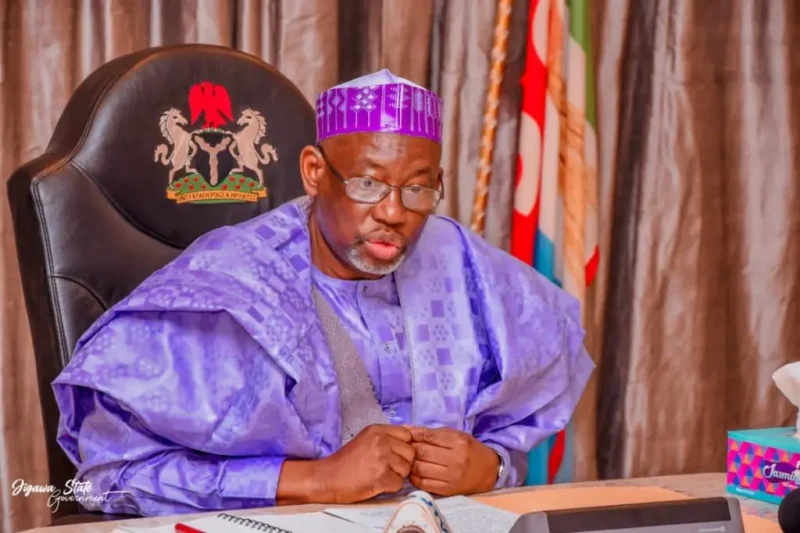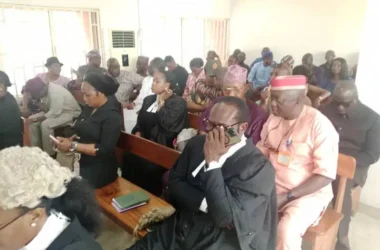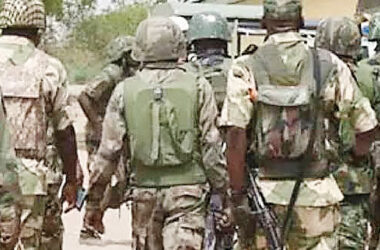The Jigawa State Government has uncovered about 7,000 ghost workers following a verification of staff across its departments and agencies.
The disclosure was made by the state’s Commissioner for Finance, Hannatu Sabo, during a press briefing in Dutse on Wednesday. The announcement came as part of the two-year anniversary of Governor Umar Namadi’s administration.
According to Sabo, the large number of ghost workers were discovered after they failed to appear for a mandatory staff verification exercise. As a result, they were immediately removed from the state’s payroll.
“The fake employees were removed from the payroll as they failed to report for the verification exercise,” Sabo stated.
She noted that this move was part of the administration’s ongoing efforts to clean up government records and ensure that public funds are only used for genuine employees.
She also pointed out that the verification process helped the government reduce unnecessary expenses and redirect resources toward more productive areas.
Sabo further revealed that the Jigawa State Government has used the opportunity to bring in fresh, qualified workers through the state’s employment schemes such as J-Health, J-Teach, and J-Agro. These programs aim to strengthen the workforce in key sectors including healthcare, education, and agriculture.
In terms of worker welfare, Sabo noted that Jigawa remains one of the top-paying states in the country. She stated that the government is paying the full new salary structure and ensures all employees are paid on or before the 25th of every month, following the directive of Governor Namadi.
She also shared that Jigawa has seen a boost in revenue due to increased federal allocations. These funds, she said, are being used to support major development projects across the state.
“We have received additional funds from the Federal Government through the monthly allocation to the state and the local government councils, which will go a long way in supporting our development projects,” she said.
In the area of investment, the commissioner noted that the state government has purchased Khadija University in Majia. The university, previously privately owned, is now part of the state’s assets. Jigawa has also acquired shares in the Kano Electricity Distribution Company (KEDCO), a move aimed at improving power supply to residents.
“The purchase of Khadija University and the acquisition of shares in KEDCO are expected to boost the state’s revenue and improve the quality of education and electricity supply,” she added.
Sabo also shared that the administration has expanded support for microfinance banks. Several branches have been opened in underserved areas, and the governor has directed that microfinance services be made available in all local government areas that currently lack banking services.
“The governor has ordered the opening of microfinance bank branches in the remaining local governments that do not have banks,” she noted.









